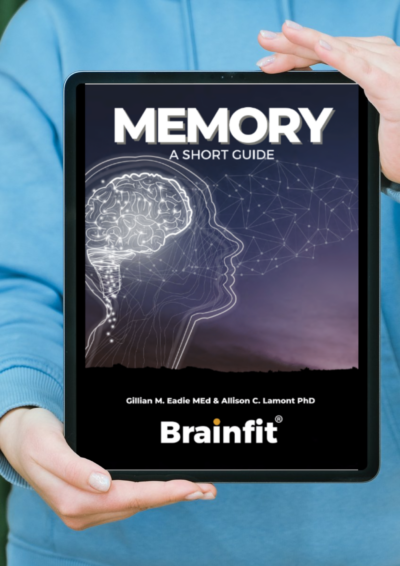Why do you do this? 
You’re driving, looking for the street where you’re supposed to meet your friend for dinner.
You slow down to a crawl, turn down the radio, stop talking, and stare at every sign.
Why is that?
Hearing the radio or talking doesn’t affect your vision.
Or do they?
Dr. Steven Yantis, a professor in the Department of Psychological and Brain Sciences at Johns Hopkins University, had this to say (he was talking about using a mobile phone while driving):
“Directing attention to listening effectively ‘turns down the volume’ on input to the visual parts of the brain. The evidence we have right now strongly suggests that attention is strictly limited — a zero-sum game. When attention is deployed to say, talking on a mobile phone it necessarily extracts a cost on the visual task of driving.”
He’s talking about divided attention, or the way we try to multitask and pay attention to two things at once.
In fact, psychologists tell us that we don’t do two things at once. We frame our thinking for one task then, to switch to another activity, we have to reframe our brain connections for the second task. This happens in fractions of seconds but still the processing power needed is exhausting your cognitive reserve. Frequent changes of focus can be mentally exhausting.
Two factors come into play:
- your ability to pay attention
- the brain’s processing requirements.
Your capacity for paying attention can be affected by
- the concentration needed to tune out/inhibit distractions
- dividing your attention across multiple things
- sustaining your attention on one thing for too long (being vigilant)
- Fatigue – if you’re tired, it’s harder to concentrate and pay attention.
- Getting older both reduces your ability to pay attention and increases your brain processing requirements. It takes more and more inhibition skill to tune out distractions and stay focused.
- Depression also makes it harder to focus attention
NB: Dr Lamont says that many memory complaints may actually arise from anxiety, depression or are fatigue-related.
It’s SO much harder to focus on two things at once accurately than when you are using selective, or focused, attention on one activity. If you really need to multitask, there are steps you can take, though.
How to Divide Your Attention More Effectively
- Do very different tasks: It’s much harder to do two very similar tasks (read and talk) at the same time than it is to do two very different tasks (run and talk). If you can use separate areas of the brain, that will help. Warning: the brain doesn’t always segregate perceptual information as clearly as you might think.
- Practice: If you’re better at each task independently, you’ll be better at doing them at the same time (even if you don’t do them as well simultaneously as when you do each one separately).
- Keep it simple: Multitasking simple tasks will be more successful than trying to solve a cryptic crossword in your head while simultaneously writing a novel.
- Train your brain: A growing number of studies show how attention and working memory can be improved via physical exercise, meditation, cognitive training and other approaches.
So, it’s natural to turn down the volume when you’re lost. By doing that, you are allowing more of your brain to focus on your mission — to find dinner!
Source: SharpBrains and Dr Allison Lamont.





I’ve always been a multi-tasker – not always successfully; it’s just the urge to get as much done as possible in the day. However I find trying to knot and listen to radio or TV isn’t easy as many people think. I can’t follow a pattern, even a simple one, and remember what I heard on the air waves. You just CAN”T pay full attention to two things at once and get them both right.
You are quite correct, Lorna! Try walking and texting on a smartphone – it is almost impossible …